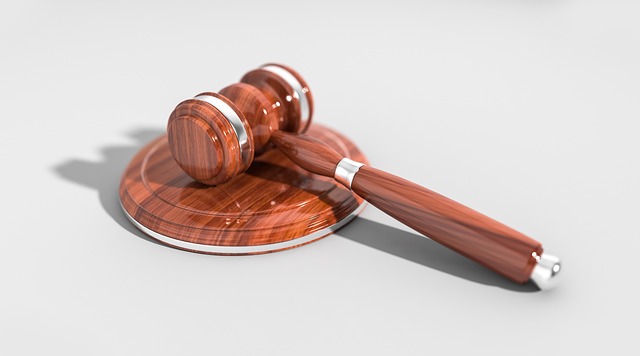In today’s ever-changing legal landscape, individuals and businesses frequently face a wide range of legal challenges, from contract disputes to regulatory compliance issues. To address these issues effectively, it’s crucial to develop strategies for resolution. This article explores key methods for tackling legal hurdles and finding practical solutions.
Proactive Risk Management:
The initial stride in tackling legal impediments necessitates an assertive stance toward risk management. This involves proactively identifying possible legal issues before they become serious issues. Regularly conducting risk assessments proves instrumental in detecting areas of vulnerability within an organization’s operations or an individual’s personal affairs.
Once these vulnerabilities surface, preemptive measures can be employed to mitigate risks, which may encompass the enhancement of contractual agreements, policy enhancements, or the implementation of compliance initiatives to forestall prospective legal disputes.
Legal Due Diligence:
Prior to engaging in consequential legal agreements or transactions, comprehensive due diligence emerges as a pivotal undertaking. This undertaking entails an exhaustive scrutiny of all pertinent legal documents and associated risks.
Whether it pertains to entering into a business partnership, acquiring a corporate entity, or executing a contractual agreement, comprehending the legal ramifications assumes paramount significance. Legal experts from the firms listed under the Best Law Firms can be instrumental in unearthing concealed liabilities and ensuring that informed decisions are rendered.
Alternative Dispute Resolution:
Conventional litigation often proves to be an excessive and time-consuming endeavor, accompanied by lengthy court proceedings, substantial legal costs, and adversarial battles. In contrast, alternative dispute resolution mechanisms such as mediation and arbitration offer more expedited and cost-effective avenues for resolution.
These methods empower parties to settle disputes extra-judicially, often resulting in quicker, less resource-intensive resolutions, and they prove especially advantageous when the preservation of ongoing relationships is a paramount concern, allowing parties to find common ground and reach mutually agreeable settlements.
Compliance and Regulatory Adherence:
Adherence to pertinent laws and regulations holds a position of paramount importance for both entities and individuals. Non-compliance can precipitate legal challenges, financial penalties, and harm to one’s reputation. Establishing a robust compliance framework, coupled with vigilance regarding shifts in the legal landscape, is an effective deterrent against these issues. Regularly revising and updating compliance protocols is integral to ensuring continued legal adherence.
Engage Legal Counsel:
Access to experienced legal counsel arguably stands as the most potent strategy for addressing legal impediments. Legal professionals provide invaluable guidance, decipher intricate legal matters, and advocate on behalf of their clients during legal proceedings.
Whether confronting a lawsuit, contractual dispute, or any other legal hurdle, an attorney’s expertise proves indispensable. Their deep knowledge of the law, nuanced negotiation skills, and courtroom experience enable them to navigate the intricacies of the legal system, ensuring that clients are well-equipped to make informed decisions and achieve optimal outcomes.
Negotiation and Settlement:
On many occasions, legal challenges can find resolution through negotiation and settlement. Engaging in candid and open discussions with opposing parties can lead to mutually beneficial resolutions, saving both time and resources while mitigating the stress inherent in protracted legal battles.
Successful negotiations often result in more reasonable and cost-effective solutions, allowing parties to focus on their core objectives and maintain constructive relationships, all while avoiding the lengthy and arduous courtroom process.
Adapt and Innovate:
The legal field is always changing. Effectively addressing legal hurdles necessitates a proclivity for adaptation and innovation. This might encompass the formulation of novel strategies, revisions to existing policies, or the formulation of innovative solutions to legal difficulties.
A willingness to embrace change and maintain adaptability in one’s approach facilitates the navigation of this ever-evolving legal terrain.
Stay Informed:
Knowledge assumes a position of preeminence, particularly within the legal realm. Remaining apprised of contemporary legal developments, precedent-setting cases, and legislative alterations proves indispensable.
Participation in legal associations, attendance at legal seminars, and subscribing to legal periodicals are avenues to remain abreast of the latest trends and updates. In an ever-evolving legal landscape, where case law and statutory changes can dramatically impact legal strategies and outcomes, staying well-informed is the linchpin of sound decision-making and effective advocacy.
Conclusion
Addressing legal hurdles may seem daunting, but with the right strategies, effective navigation is possible. Proactive approaches, due diligence, and legal counsel are essential. Staying informed, adapting to change, and embracing alternative dispute resolution can resolve challenges, ensuring a smoother path forward.

0 Comments